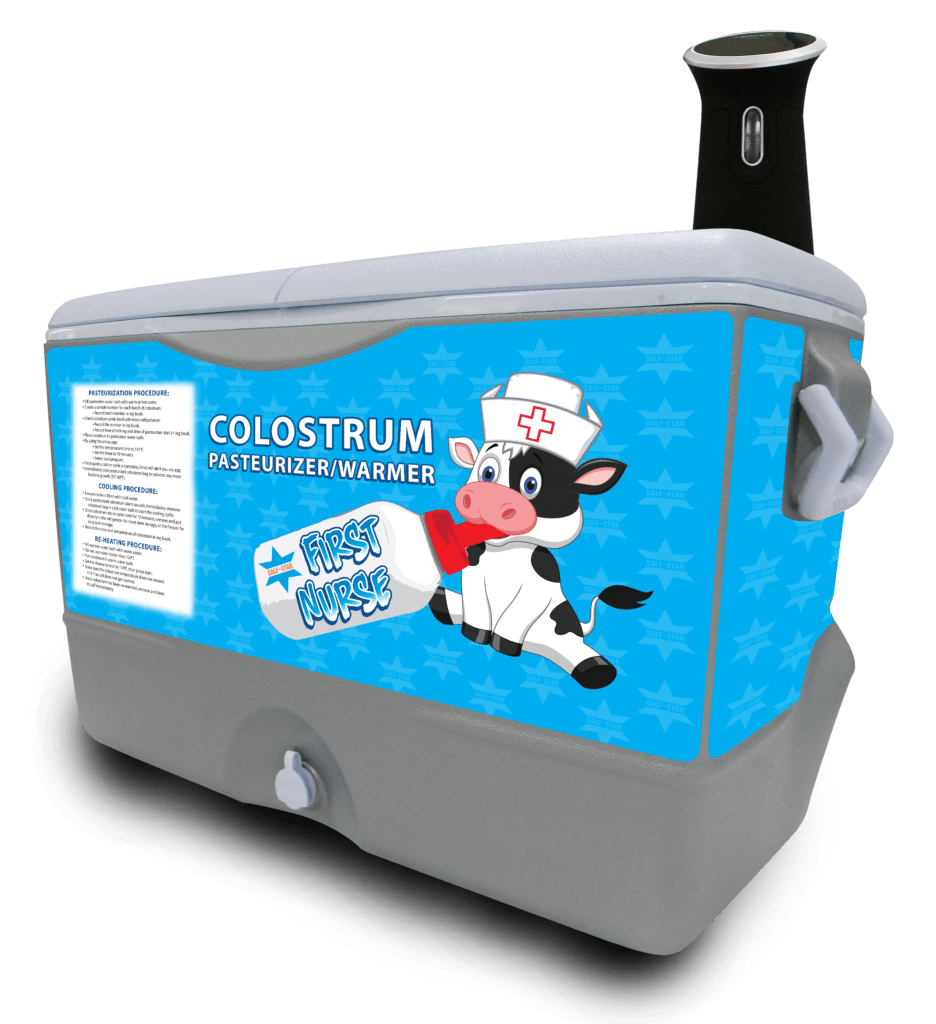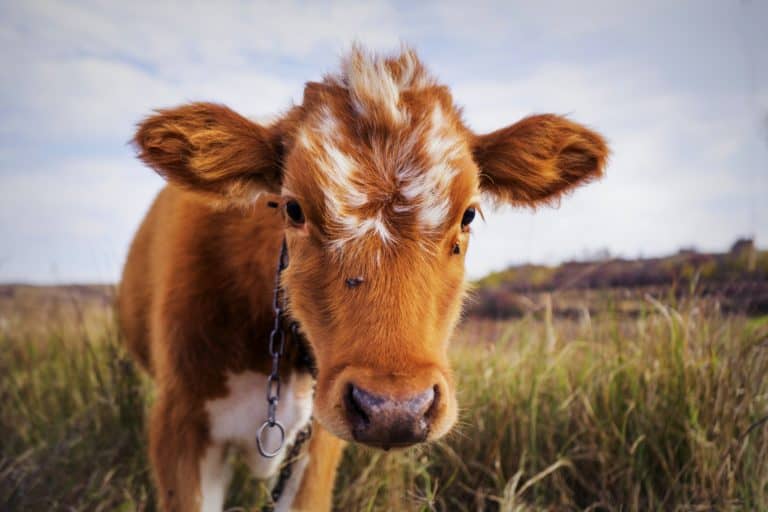So, what’s so special about Colostrum? First, it’s the first milk produced
from the cow directly after calving. Not 4 hours after, not 12 hours after but directly after calving. The more time that elapses after calving she
starts what I call the dilution effect. She starts producing milk for
consumption.
Now as I stated this is the first milk, I call it “Liquid Gold”. The other facet is you only get this opportunity ONCE to feed this high quality milk to the calf asap after calving. So what is so special about this “Liquid Gold”
product? Colostrum and transitional milk differ markedly from milk in
composition, physical properties and the function. Colostrum contains
much larger amounts of solids, proteins and immunoglobulins. Colostral Immunoglobulins or antibodies are proteins critical to the identifying
and destroying pathogens in the calf.
There are three types of Ig in colostrum. IgG, IgM and IgA. There is also
two isotypes of Ig, IgG1 & IgG2. These Ig work together to provide the calf with passive immunity until the calf’s own active immunity develops.
Colostrum contains 70-80% IgG, 10-155 IgM, and 10-15% IgA. Most of the
IgG in bovine colostrum is IgG2. Each Ig has a different role in the
animal. IgG is the most prevalent in colostrum and serum. It’s primary
role is to identify and help destroy invading pathogens.
Because it is smaller than other Ig, it can move out of the blood stream
and make its way into other body pools where it helps identify
pathogens. IgM is the antibody that serves as a first line of defense in
cases of septicemia. IgM is a large molecule that stays in the blood stream and protects against bacterial invasion. IgA protects mucosal surfaces
such as the intestines. It attaches to the intestinal lining and prevents
pathogens from attaching and causing disease. Feeding colostrum for 3
days after birth is a great idea. That provides IgA to both the gut and
protect against pathogens. Colostrum contains large amounts of IgG and smaller amounts of IgM and IgA. All three Ig are important to the calf
and are necessary to minimize the chances of disease or even death.
However, it is important to remember the Ig are only one part of the
calf’s immune system.
Proper nutrition, minimizing stress factors and a
clean environment also helps keep calves healthy. Look to our First Nurse Colostrum Pasteurizer/Warmer to help maintain a clean colostrum
product to your calf. -Minnie


